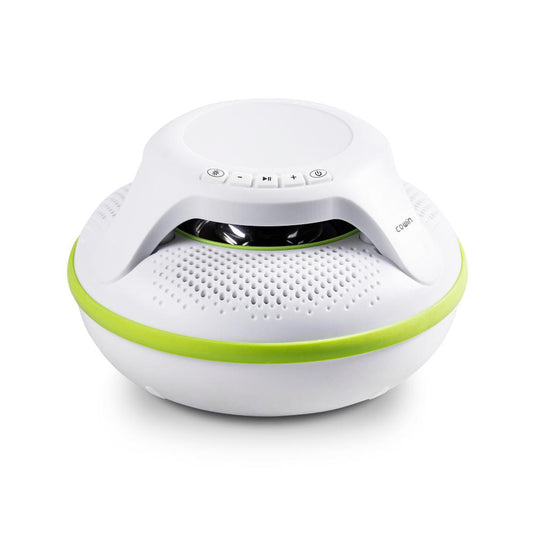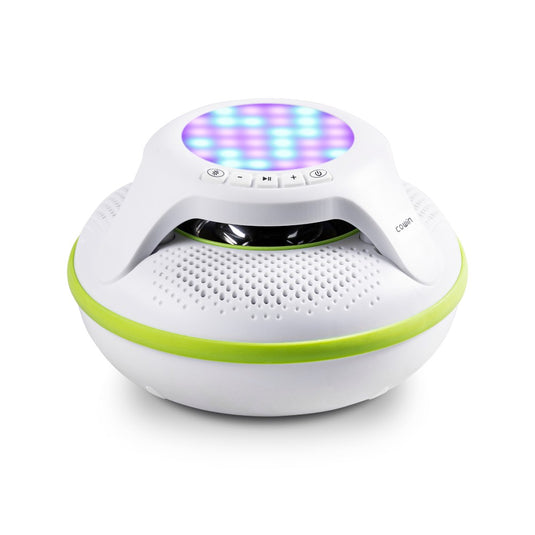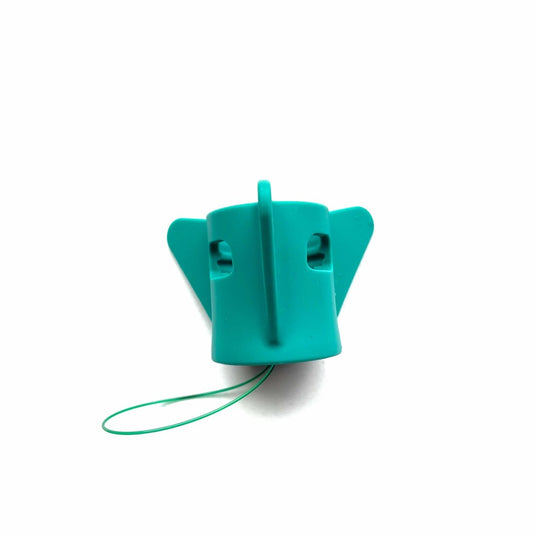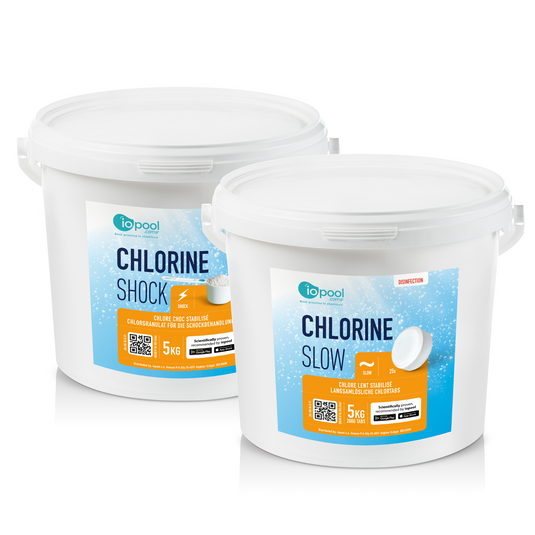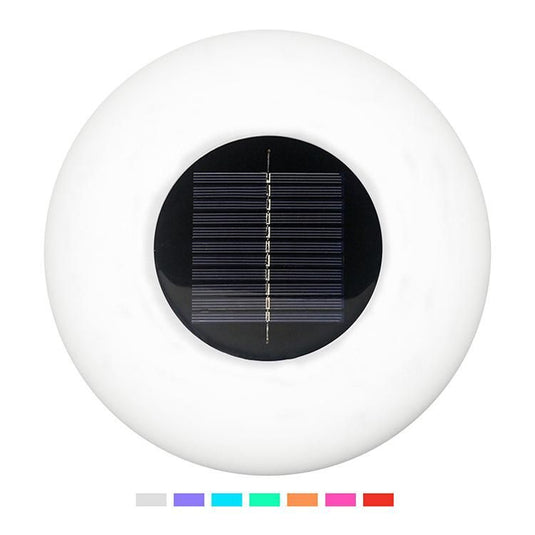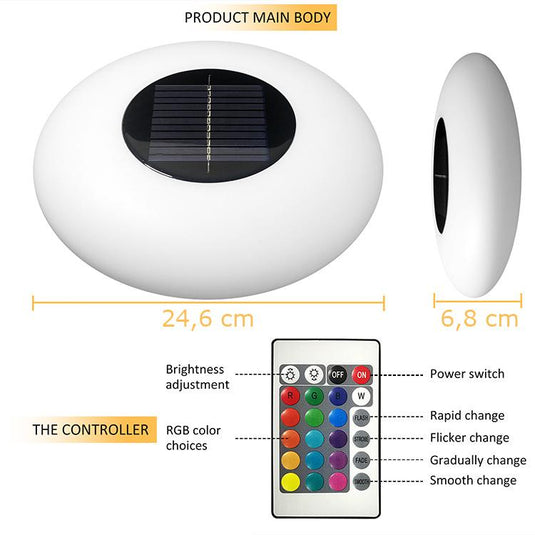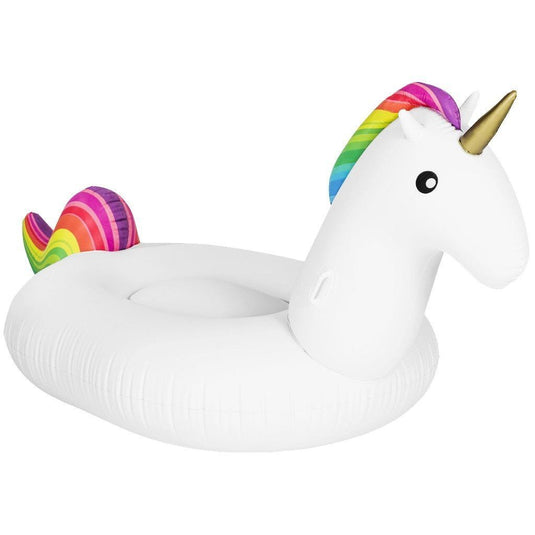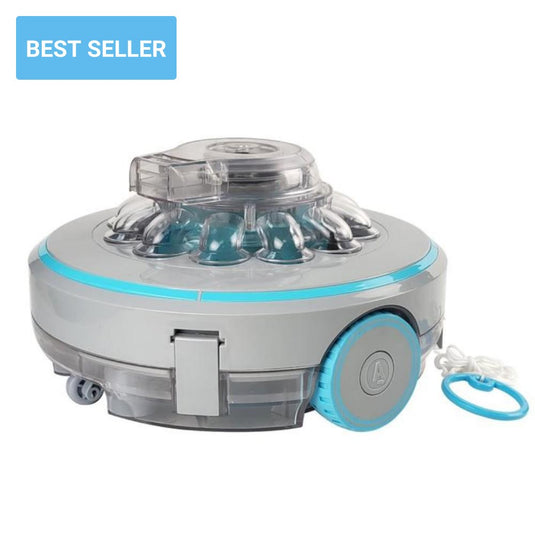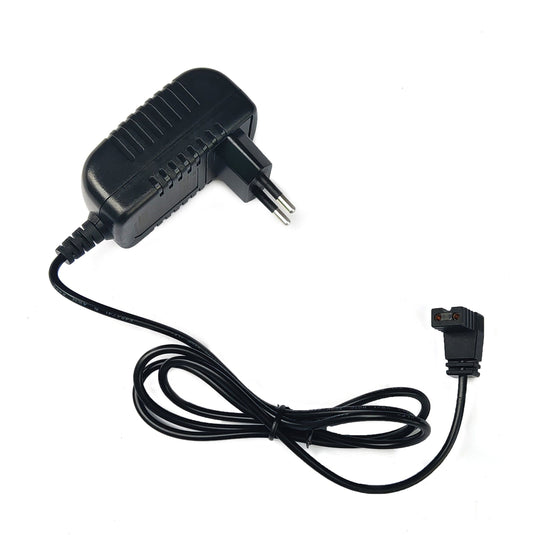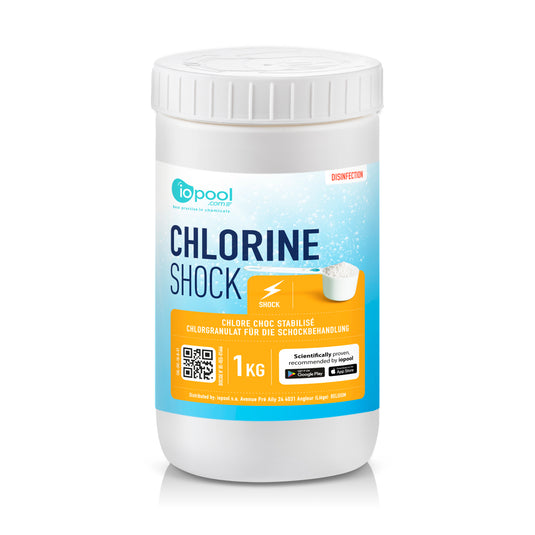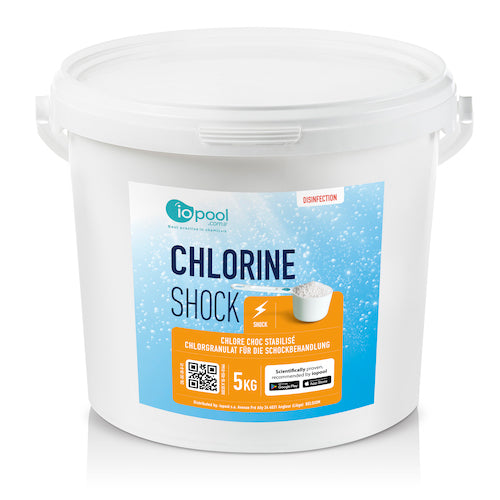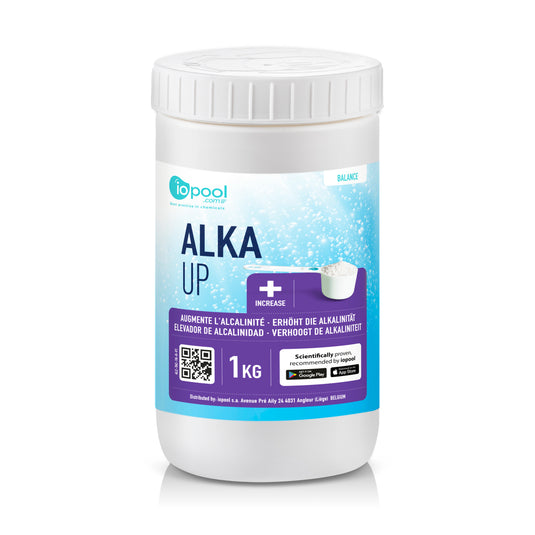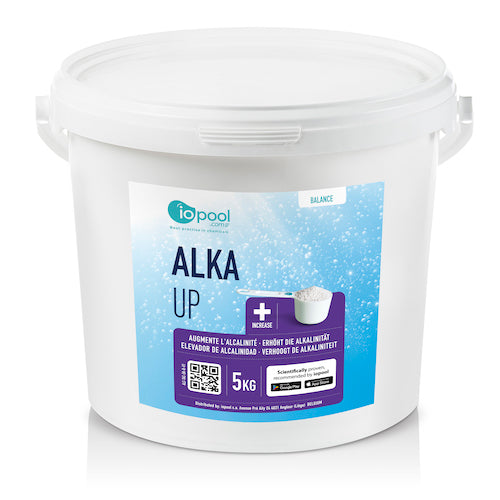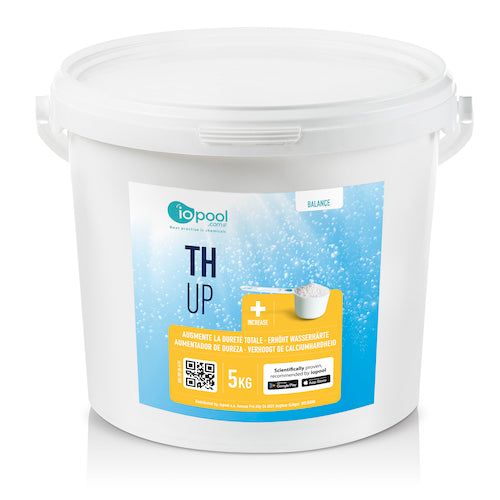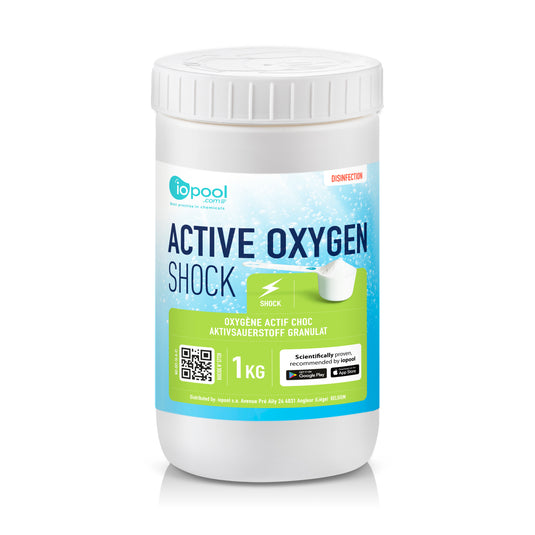Pools: How to Choose a Heat Exchanger

Pool owners are always searching for ways to conveniently keep their pool at an optimal temperature. This guide delves into the basics of heat exchangers and what you need to know before purchasing one.
What is a Heat Exchanger?
According to a Grandview forecast, the global market for heat exchangers is expected to grow by 4 percent from 2022 to 2028.
Heat exchangers allow heat from a fluid (a liquid or gas) to transfer to a second fluid to pass to a second fluid (another liquid or gas).
With this mechanism, the two fluids don’t directly contact each other. It transfers the heat without exchanging the fluid that holds the heat.
The two most common heat exchangers are the shell-and-tube and plate.
What are Shell and Tube Heat Exchangers?
Shell and tube heat exchangers use a mechanism that puts two fluids in thermal contact using tubes contained within an outer cylindrical shell.
The tubes carry fluid from their inlet to outlet, while the shell transfers a separate fluid over these tubes.
The number of tubes – also known as a tube bundle – will determine how much area is exposed to the exterior shell. This establishes how much heat is transmitted.
Benefits
- Less expensive compared to plate coolers
- Easy to find tube leaks and stop them
- Pressure test is straightforward
- Flexible design — pipe size and type can be changed
- Resistant to thermal shocks
- Designed to bear extreme temperatures
Drawbacks
- Less efficient compared to plate type cooler
- Cleaning and maintenance is troublesome
- Capacity can’t be expanded
- Not a compact design — takes up more space
What are Plate Heat Exchangers?
Plate heat exchangers work similarly to the shell and tube variation. But instead of tubes, it uses a group of several heat transfer plates.
These plates are held by a fixed plate and a loose pressure plate to form one complete component.
Benefits
- Provides precise heat transfer – improved temperature
- Lower maintenance costs
- Simple and compact in size
- Cleaning and maintenance is straightforward
- Easy to increase capacity by adjusting and adding plates
- Less wear and tear and corrosion
Drawbacks
- Initial high cost – titanium plates are expensive
- Assembly is time-consuming
- Many parts of the cooling system are exposed to erosion
What Should You Consider When Searching for Heat Exchangers?
Here are some more things to think about before settling on a heat exchanger unit:
Corrosion Resistance
Corrosion is an issue in both chlorinated and saltwater pools. So opt for a heat exchanger with corrosion-resistant materials.
Some corrosion-proof materials include:
- Stainless steel
- Aluminum
- Copper based alloys
- Polypropylene
- Polytetrafluoroethylene
Note: If you use a saltwater chlorinator, you want to look for a titanium heat exchange unit. Titanium is more resistant to the corrosive nature of saltwater.
Self-Cleaning
No one wants to deal with the hassle of excess maintenance. Therefore, your heat exchanger should allow a high flow rate.
Flow Rate
A high flow rate will optimize the capability of the unit and requires less maintenance. More energy can pass through the unit, which heats the water faster.
The available energy will not pass through the heat exchanger if the flow rate is too low.
Temperature Differential
The difference between the hot fluid and the coolant is essential. Therefore, the coolant should always be lower than the hot fluid.
Lower coolant temperatures will extract more heat from the hot fluid than warmer coolant temps.
How to Size Your Heat Exchanger Unit
When we size a heat exchange unit, we assume that the heat is supplied via a domestic gas boiler. And a dedicated pool boiler will almost always have a built-in heat exchanger.
You want to consider the size of the heat source or the boiler. The boiler should be sized (Kw rating) to have enough capacity to heat the volume of water.
You must also take into account the boiler water temperature. Typically, it’s between 176 degrees F and 185 degrees F — the ideal temperature for pool heating. However, some boiler water temperatures are lower — usually around 140 degrees F.
Example:
For boiler water at 179 degrees F, a heat exchanger of 110 kW should heat an 18,000-gallon pool with no issue.
But if the boiler water temperature is only 140 degrees F, the heat available to transfer dips to around 60kW — about a 40 percent reduction.
So, a larger exchanger would be required for a pool to reach the desired temperature.
Installation
The best way to install a heat exchanger is with the fluids following in a counter-current position. For example, if the coolant flows left to right, the hot fluid should flow right to the left.
For shell and tube heat exchangers, the coolant should enter at the lowest inlet to ensure the exchanger unit is always full of water.
Which Heat Exchanger is Right For Your Pool?
Choosing a heat exchanger for your pool is no easy task. There are tons of moving parts (literally), and it involves modifying your central heating system — which can get tricky.
We hope this guide clarifies the difference between the two types of heat exchangers. Your choice boils down to your budget, pool water type, and mechanical know-how.
Final advice: If you have any uncertainty about installing a heat exchanger unit, don’t hesitate to reach out to a technician.
Still have questions?
Our blog is full of pool-related articles! Check them out!

